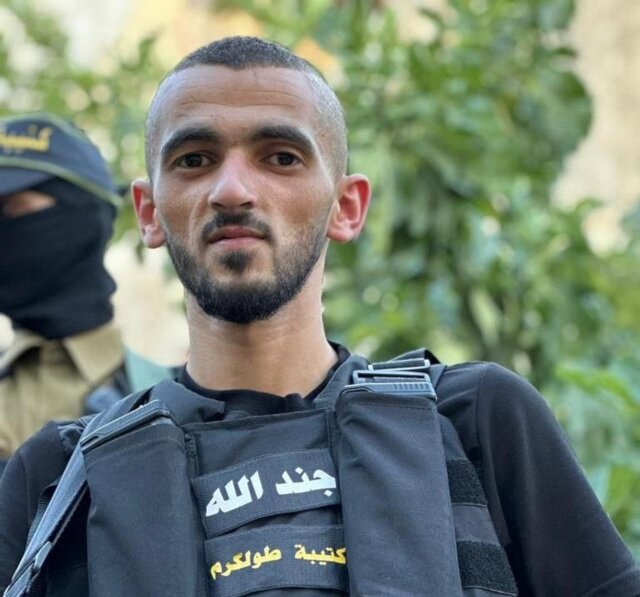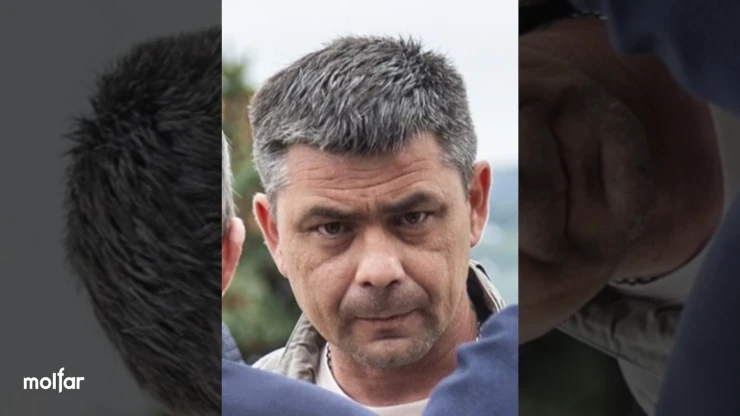October 2010 Briefs
October 2010 Briefs
HAS QARI HUSSAIN MEHSUD FINALLY BEEN KILLED?
Sources in the Pakistani media have been reporting that Qari Hussain Mehsud, [1] the “Ustad-e-Fidayeen,” may have finally been assassinated in an October 8 drone attack while traveling in a vehicle with four Tehrik-e-Taliban Pakistan (TTP) comrades in Mir Ali, North Waziristan Agency (NWA) (The Frontier Post, October 27). Pakistani sources cite differing details of the specifics. The Urdu daily Khabrain reports Hussain was killed on Mir Ali’s Kaisur road with three other men on October 7 (Khabrain, October 21). Yet another report says he was hit by a missile while in a compound housing militants near Miranshah, the administrative headquarters of NWA, along with four fellow militants. Tariq Azam, a TTP representative, claimed Hussain was busy “engaged in ‘jihad’ against the infidels” and that the Americans had become desperate, feeling “defeated by ‘mujahideen’” in neighboring Afghanistan (The News International [Karachi], October 17). At present, too many differing specifics are coming out of the tribal region to know exactly where in NWA Hussain was killed and under what circumstances. English-language daily The Nation cites Hussain as being killed in a vehicle parked inside a compound in the village of Machi Khail, an area approximately 30 kilometers east of Miranshah (The Nation [Lahore], October 16). There was initial drone strike targeting Hussain on October 4 in Mir Ali that some believed had killed him, a charge a TTP spokesman vehemently denied. “Qari Hussain is alive and healthy and will soon contact the media,” but so far this has not occurred and Hussain has yet to materialize in front of the Pakistani media (Dawn, October 16). He had previously been reported killed several times and emerged alive contacting the local media to let them know just that. He was said to have died in January 2008, June 2009, and most recently January 2010 and came away relatively unscathed each time (The News International [Karachi], October 16). The majority of the post-October 4 attack stories all suffer from conflicting details on when and where Hussain was killed, but all arrive at the same conclusion: Qari Hussain Mehsud is dead.
The former low-ranking Lashkar-e-Jhangvi militant had become Pakistan’s most dreaded internal enemy in recent months, taking credit for an unrelenting series of suicide bombings. Officially, the Pakistani government continues to protest the violation of its airspace by CIA-run unmanned aerial vehicles which continue to kill scores. Islamabad may likely turn a blind eye to the targeted assassination of Qari Hussain Mehsud because of the havoc his operatives and trained suicide attackers have wrought across the length and breadth of Pakistan, and may perhaps use a tribal informant network to relay information to the Americans. The Pakistani Army has still held back from launching an all out offensive in NWA, preferring to sit on the sidelines for the time being while Predator and Reaper drones rain down Hellfire missiles from the skies above, allowing Islamabad a strategic foil while back door maneuverings apparently continue to take place. The American military leadership would like their counterparts on the Pakistani side of the Durand Line to go in hard into NWA, ostensibly in order to destroy the Haqqani network sufficiently enough to allow U.S. forces to shore up their own security in neighboring Khost Province. Pakistan appears to be hesitant to move against forces (or let forces be moved against) that are not explicitly anti-Pakistan in their focus and to allow either tacitly or by default for them to expend their jihadi energies on Afghan and Afghan-based Western troops instead. One of Jalauddin Haqqani’s sons, Naseeruddin, was allegedly present at the Saudi embassy in Islamabad in September in order to travel to Mecca. This Haqqani-Saudi interaction indicates to some observers in Pakistan that the Saudis may have been acting as a back channel between the Haqqanis and either the Karzai government or General David Petraeus-commanded NATO forces at one or the other’s behest (Asia Times, October 29). If negotiations with groups like the Haqqanis are indeed taking place at high levels, there is even less incentive for Pakistani troops to risk their lives flushing out dug-in al-Qaeda and TTP leadership in NWA who are mixing in the same jihadi and geographic milieu as other groups involved in possible negotiations.
Note
1. For an extensive biography of Qari Hussain Mehsud, please see Syed Adnan Shah Ali Bukhari, Qari Hussain Mehsud: The Father of FATA’s Suicide Bombers, Militant Leadership Monitor, September, 2010.
MEND MILITANT LEADER CHARGED IN NIGERIA BOMBINGS
Henry Okah, the exiled former leader of the Movement for the Emancipation of the Niger Delta (MEND), was arrested on October 2 in his Johannesburg home by South African police following deadly bomb blasts in Abuja that killed at least 12 and marred Nigeria’s 50th anniversary of independence from the British Crown. Okah, 45, had been living in South Africa since his release from prison in Nigeria in July 2009. A MEND spokesman calling himself Jomo Gbomo, which sources say may be a propagandistic composite of several MEND activists and sympathizers had contacted media outlets in Abuja saying that Eagle Square, where the Golden Jubilee would be taking place, had pre-positioned explosive devices. The attack marks a watershed for MEND which has been fighting a low-level insurgency in the Niger Delta region, where the group claims an exploitive government-multinational corporate collusion seeks to oppress the Delta peoples and destroy their environment in the nine southern states that make up the greater Delta region for short term financial and political gains. Okah is being held on charges of “engaging in terrorist activities, conspiracy to engage in terrorist activity, and delivering, placing and detonating an explosive device” (South African Press Agency, October 20, 2010).
MEND representatives have promised further attacks in Nigeria as a consequence of Okah’s arrest on terrorism charges by South African authorities (AP, October 23, 2010). In a move which may exacerbate tensions in the Niger Delta more so, Okah’s brother, Charles Okah, was also arrested on charges related to the Abuja attacks, in Lagos, Nigeria’s commercial capital, on October 16, 2010 (PM News Nigeria, October 17, 2010). After Charles Okah’s Lagos detention, MEND ramped up its rhetoric to say that a forthcoming terror attack in Abuja was “imminent” and Nigerian officials significantly stepped up security at the capital’s airport (Sunday Tribune [Lagos], October 17, 2010). What evidence that Nigerian President Goodluck Johnathan’s government has provided to the South African judicial system that is currently trying Henry Okah is thus far unclear. Okah is applying for bail from the Johannesburg magistrate and the presiding judge, Hein Louw, has warned the prosecution that Okah’s terrorism charges may be thrown out if “direct” evidence of his involvement in the Eagle Square carnage is not produced before the court (The Neighborhood [Port Harcourt], October 21, 2010).
The leading prosecutor in the case alleges that Okah instructed MEND operatives to purchase two vehicles and fit them with improvised explosive devices (IEDs) and drive them to the location. Nigerian authorities have named two men, Chima Orlu and Ben Jessy, as the “masterminds of the evil plot” (Osun Defender, October 4, 2010). The South African state prosecutor claims Okah was in contact with one of the suspects via text message up until the double bombings, and a damning message reading, “done, tell them to leave,” was purportedly transmitted from the suspect to Okah on October 1, 2010 just before the explosions were remotely detonated (South African Press Agency, October 22, 2010). A spokeswoman for the State Security Service said the Nigerian authorities believed the vehicle-borne IEDs had been prepared in Port Harcourt and transported to Abuja, a logistical feat of some 600 kilometers with live explosives on poor quality roads at best (AFP, October 19, 2010). Okah and his defense lawyer have been seeking to obtain the evidence being presented against him by the Republic of South Africa including cell phones, computers, letters and a series of diaries that were confiscated from Okah’s residence after his arrest. Okah maintains his innocence, stating, “If I was leading militant activities I wouldn’t be here in South Africa, I should be there on the ground with them [MEND guerrillas]” (AFP, October 17, 2010).


